Il Consumer Product Safety Improvement Act (CPSIA) è una legge del Governo degli Stati Uniti che limita i livelli di materiali pericolosi nei prodotti importati o prodotti all'interno degli USA, soprattutto quelli destinati ai bambini.
Analisi CPSIA
Conformità CPSIA
Il Consumer Product Safety Improvement Act del 2008 (CPSIA) ha imposto requisiti d'analisi e nuovi livelli di accettabilità per numerose sostanze comuni nella maggior parte di prodotti di largo consumo, soprattutto quelli progettati per i bambini di età compresa tra 0 e 12 anni.
La normativa CPSIA impone soprattutto:
- Limiti rigorosi alla presenza di ftalati (sostanze chimiche utilizzate per ammorbidire la plastica) nei giocattoli per bambini
- Limiti rigorosi alla presenza di piombo nei prodotti per bambini (90 ppm nella vernice e in altri rivestimenti superficiali, 300 ppm nei substrati; da ridurre a 100 ppm entro l'agosto 2011).
- Analisi obbligatorie di terze parti che debbono essere eseguite da laboratori accreditati, specificamente per la ricerca della presenza di piombo (nella vernice e nei gioielli metallici) e, in generale, su culle, succhiotti, piccole parti, biciclette, caschi da bicicletta, sonaglini, letti a castello, ecc. con altri articoli in arrivo.
Tutte le analisi chimiche eseguite da terze parti debbono essere integrate all'interno di un piano di analisi ragionevole. QIMA può aiutarti a determinare quanti campioni dovrebbero essere analizzati perché il piano di analisi possa essere considerato "ragionevole".
Associazioni e consumatori stanno manifestando sempre più spesso a favore dell'eliminazione o della limitazione delle sostanze chimiche utilizzate nell'ambito di tutti i settori industriali, come quella della Cosmesi, dell'Automobile, della Moda, della Gioielleria, dell'Arredamento, dei Giocattoli, ecc.
Analisi CPSIA
L'Analisi di Laboratorio con la piattaforma online di QIMA ti consente di integrare la tua analisi CPSIA durante la tua ispezione di prodotto. Assicurati che il campione provenga dalla tua produzione, e non sia un campione che la fabbrica vorrebbe che tu analizzassi, e garantisci che la tua produzione sia conforme al CPSIA.
Riceverai un rapporto dettagliato con il quale ti viene comunicato se il tuo prodotto ha superato o meno il test di conformità CPSIA.
Opinioni sulla Filiera di Produzione e Approvvigionamento
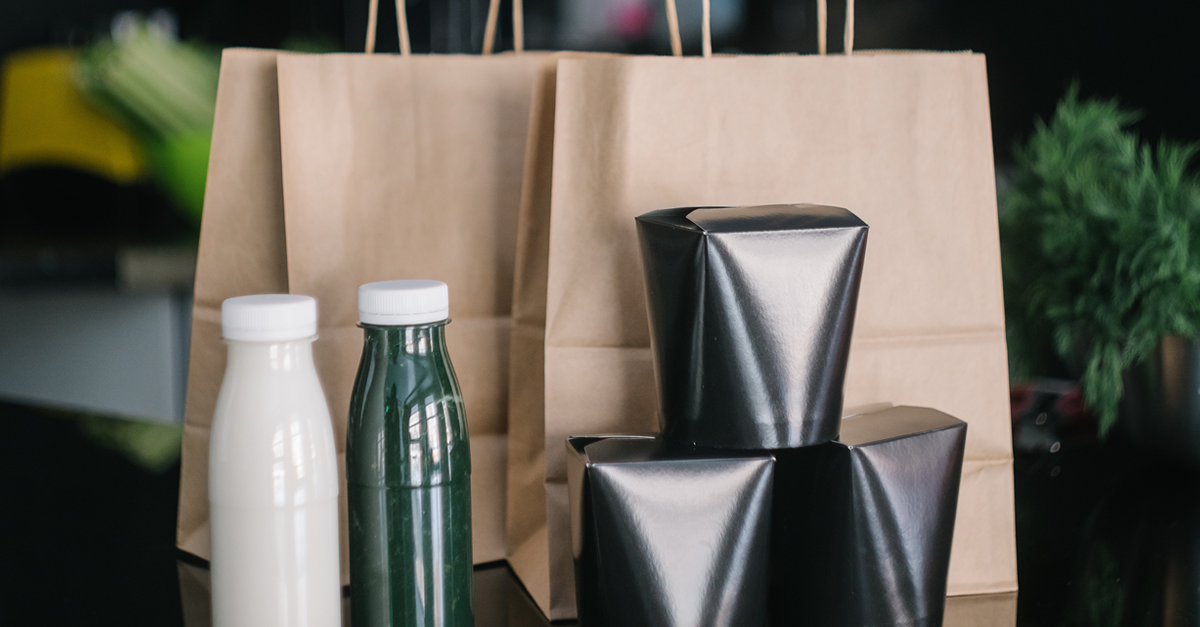
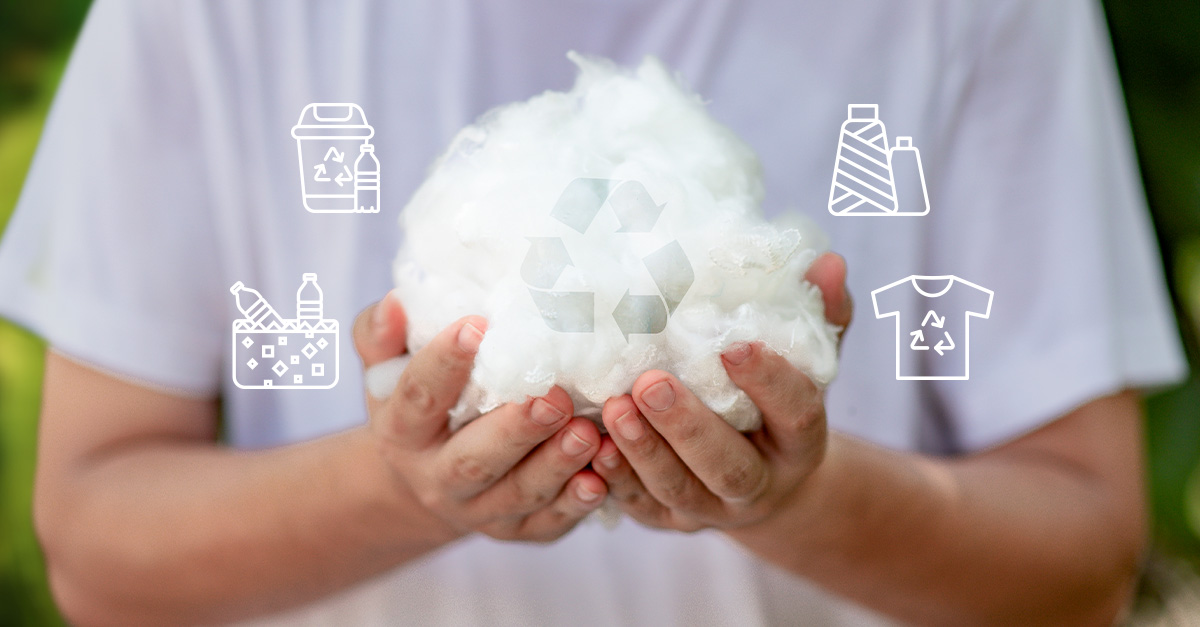
While many brands and suppliers are making efforts to incorporate recycled polyester fabrics into their products, it remains challenging to verify the authenticity and quantity of recycled polyester in these items. This presents a dilemma for consumers who want to make informed choices.
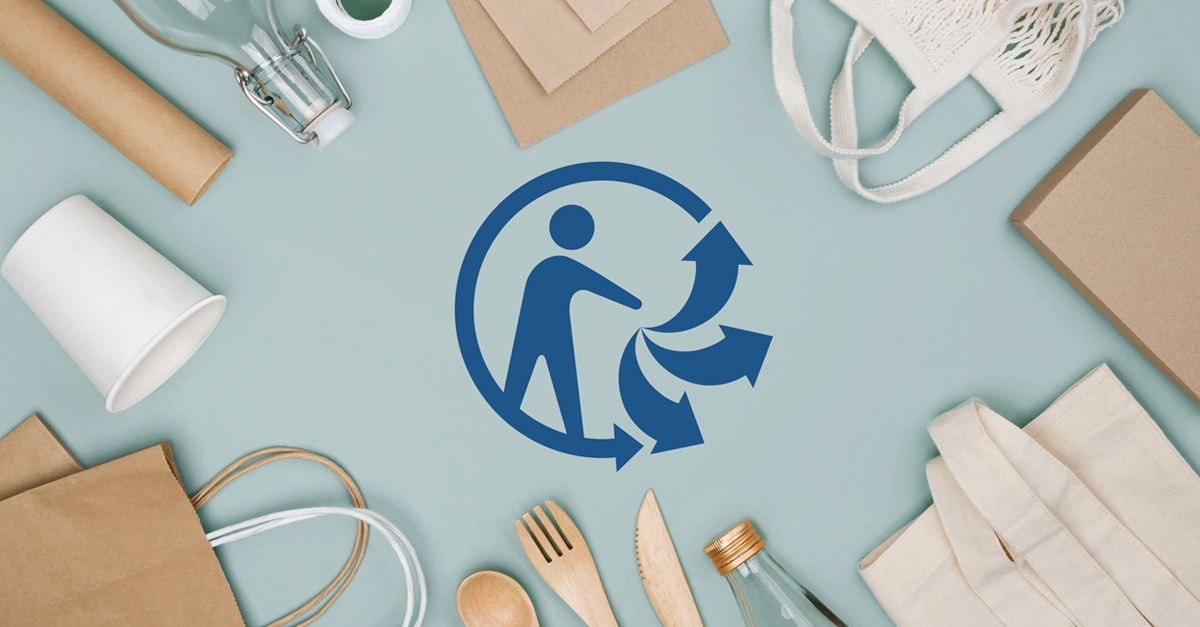
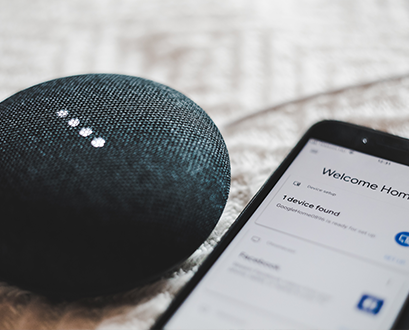

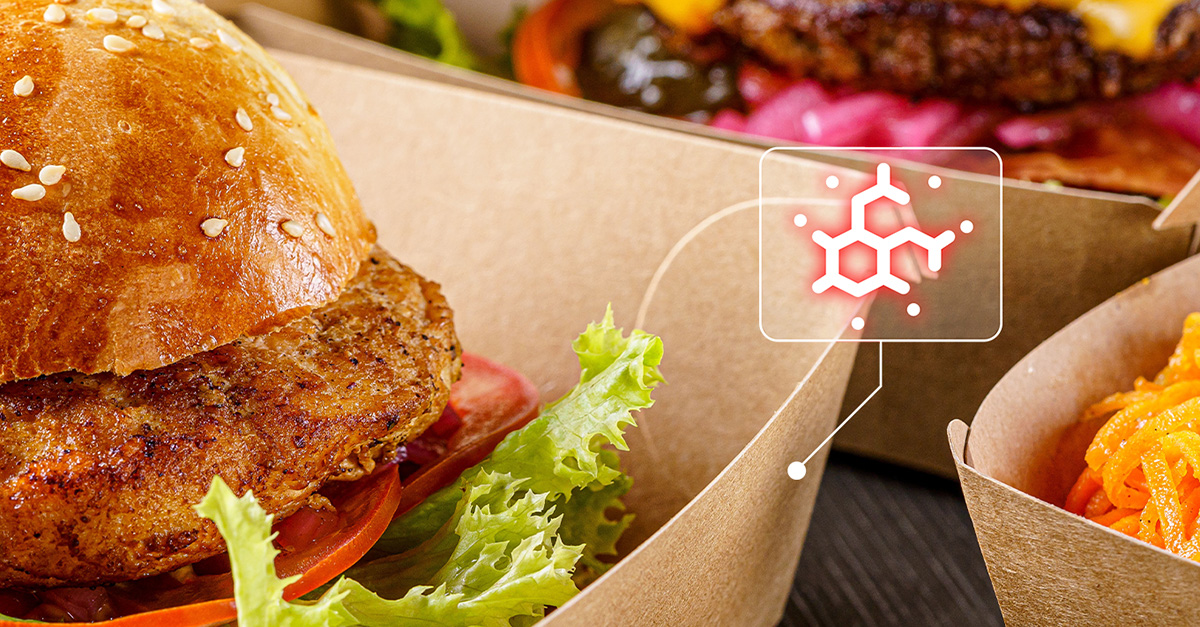
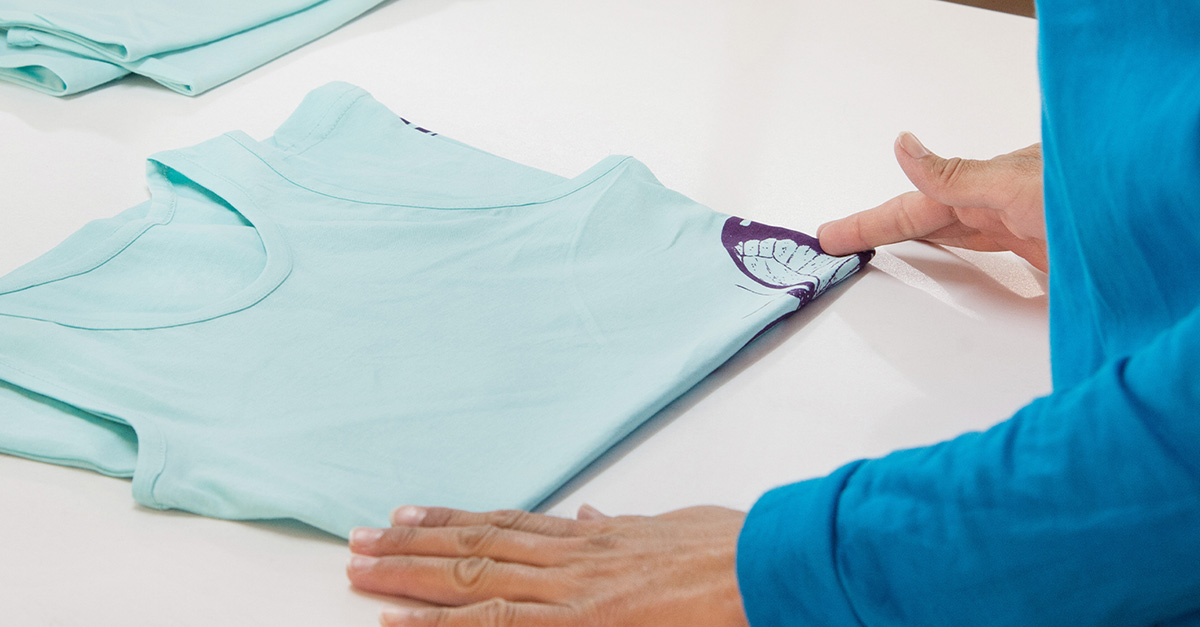


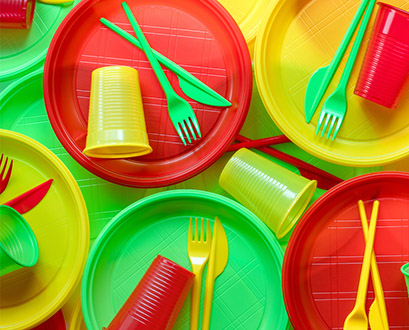
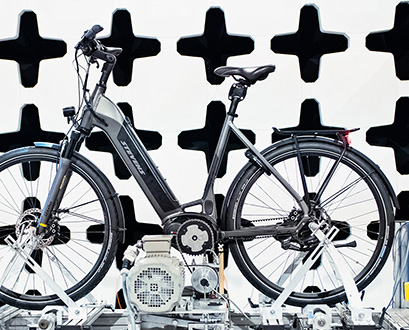
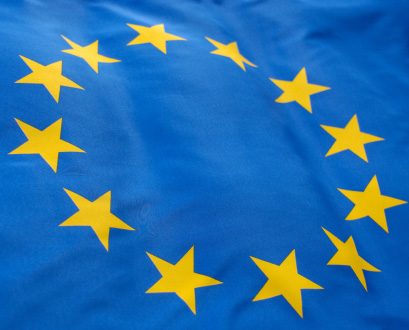

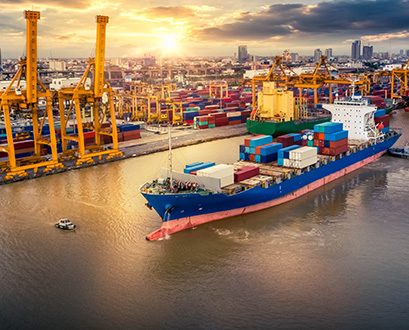

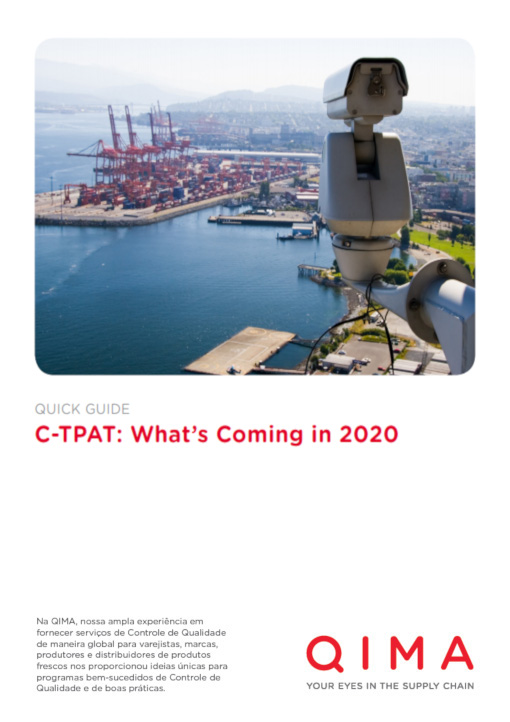
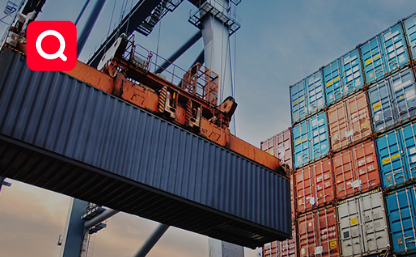
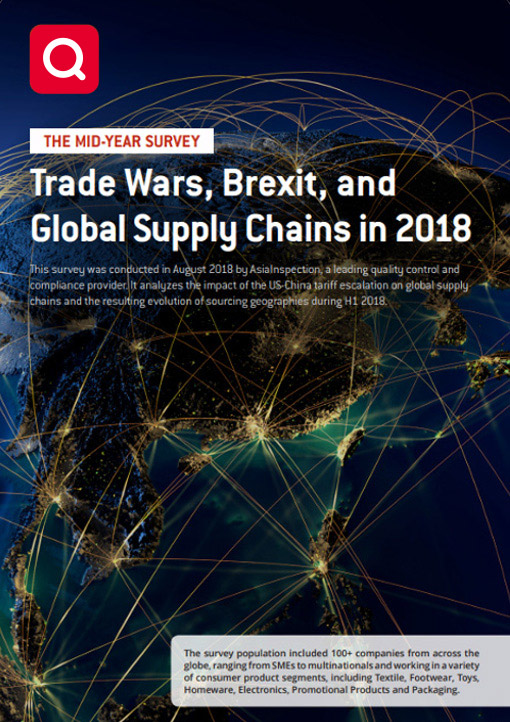
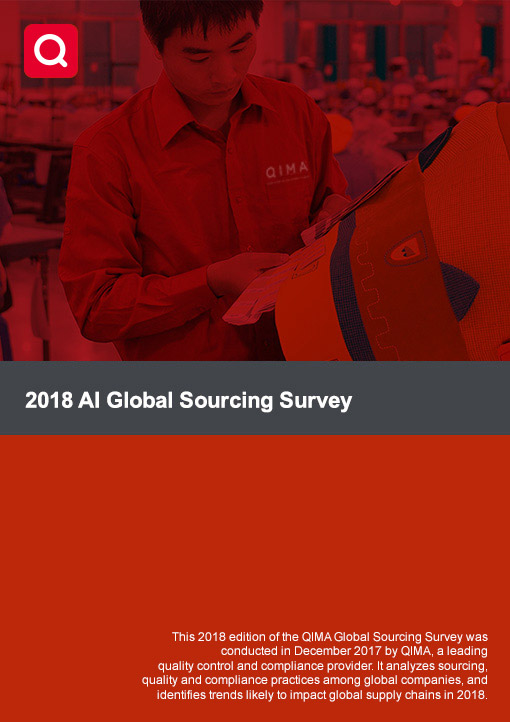
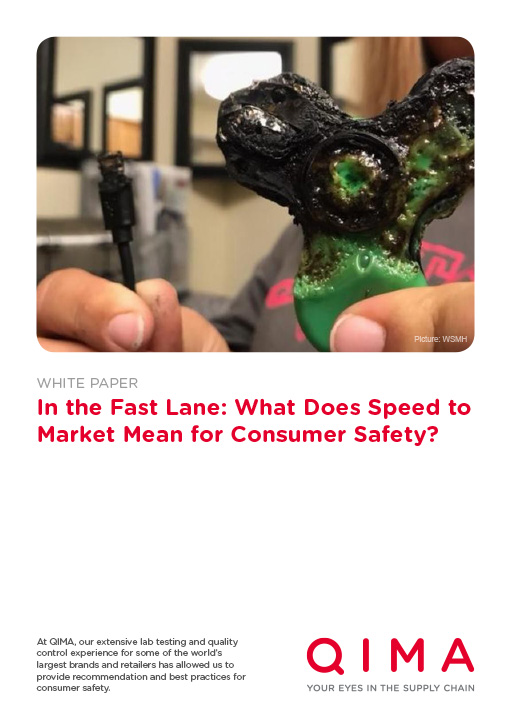
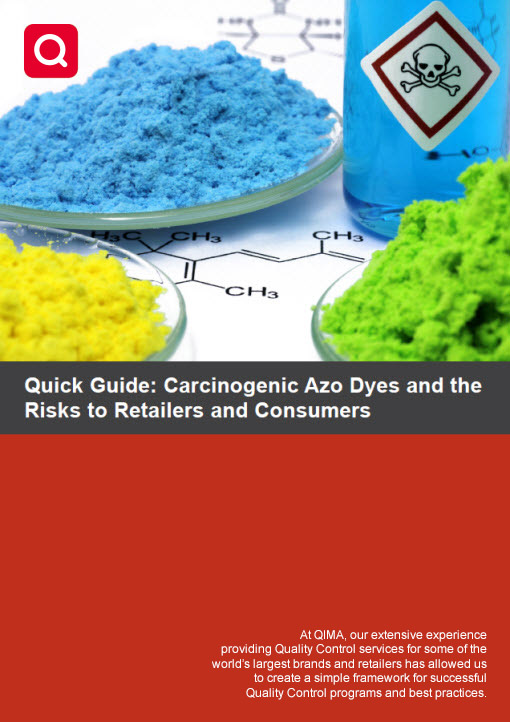
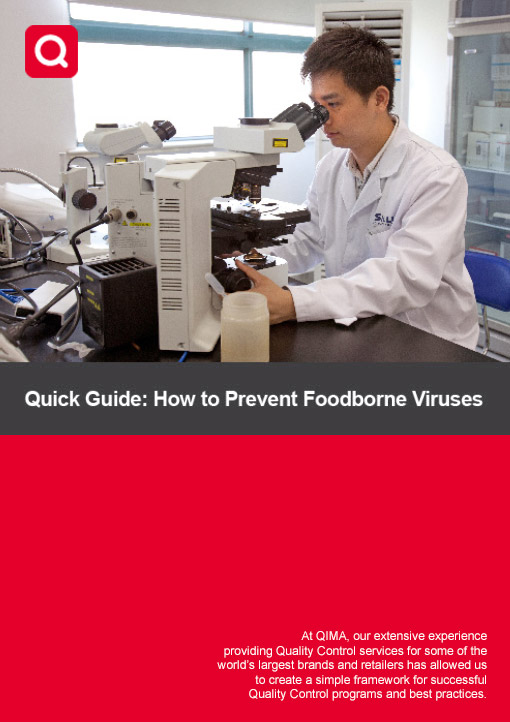
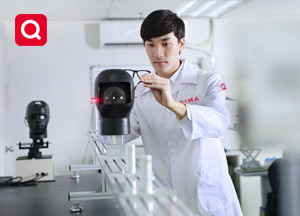
Hai bisogno di maggiori informazioni?
Thank you - your inquiry has been sent.
We will come back to you shortly.
Back
Pricing
Need a quote for product inspections, supplier audits, laboratory testing or certification services?
Get Started
- Controllo della Qualità sul tuo Dispositivo Mobile
- Livello di Qualità Accettabile (AQL)
- Ispezione dei Tessuti per Abbigliamento
- Controllo della Qualità in Bangladesh
- Controllo della Qualità in India
- Controllo della Qualità in Cina
- Controllo della Qualità in Vietnam
- Sicurezza Alimentare
- FBA Inspections
- Analisi Metalli Pesanti
- Conformità RoHS
- Sicurezza dei Prodotti di Consumo
- Normativa REACH
- Analisi degli Ftalati
- Consigli per la Sicurezza dei Giocattoli
- Test di Sicurezza dei Giocattoli ASTM F963
- Conformità CA Proposition 65
- QCA Programma Test Membri
- QIMA Decision Rule
- Lab Testing Complaint Handling
| Questo sito è protetto dalle normative in materia di diritto d'autore e di diritto dei marchi commerciali, sulla base della legislazione USA ed internazionale. |
| QIMA © 2024 |
|
ClientID:; Client:; Affiliate:;
|
 Vedi una Demo
Vedi una Demo Guida Rapida: Coloranti Azoici
Guida Rapida: Coloranti Azoici
